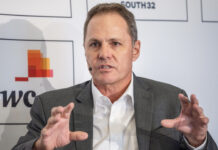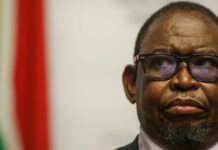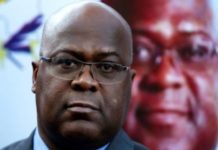
[miningmx.com] — IT WOULD make sense to introduce an economy-wide carbon tax – coupled with conditional exemptions in some sectors – to send a signal to industry that it was living in a carbon-constrained world, the National Planning Commission (NPC) said on Friday.
The NPC, chaired by Minister in the Presidency Trevor Manuel, released its National Development Plan – a framework on the policy directives needed to fast-track economic growth for the purpose of eliminating poverty in South Africa by 2030.
In a discussion on electricity prices and surety of supply, the document stated that consumers would feel the brunt of additional carbon taxes on power generation activities, even though such taxes were unlikely to lower carbon intensity.
“High electricity prices, unrelated to carbon taxes, are already encouraging consumers to conserve energy,’ read the report.
The report stated that should carbon taxes be levied on power generation, that a “low-carbon policy actions’ have to be introduced alongside it.
“A conditional carbon tax exemption could be applied to the electricity sector, provided it progressively moves to a lower carbon generation mix, as mandated in the Integrated Resource Plan,’ read the report. “This would significantly increase renewable energy and diversify generation sources.’
WIDEN PARTICIPATION
The report said that while it was government policy that independent power producers should complement Eskom’s generation investments, South Africa has yet to see the number and scale of private investments in other regions of the world, including other African countries.
“Given the amount of investment needed, as well as Eskom’s stressed balance sheet – and limited fiscal resources – private investment will need to be accelerated.’
The report said rapid progress was critical in linking power expansion plans with clear allocation of new build opportunities between Eskom and independent power producers. It was also important to initiate timely, internationally competitive bidding processes for new capacity.
“There is a central need to build institutional capacity to run effective procurement processes and to negotiate robust contracts,’ it read.
“South Africa could learn from Kenya, which has allocated responsibilities clearly and built appropriate capacity to the extent that it has an enviable record in competitively procuring and contracting independent power producers.’
The report said that given the time constraints and the cost of delayed decisions, government needed to quicken its plans to establish an independent market and system operator.
Also, remaining regulatory uncertainties needed to be resolved, including questions of independent power producers selling to customers other than Eskom, issues of wheeling over the grid, and rights to trade electricity.










